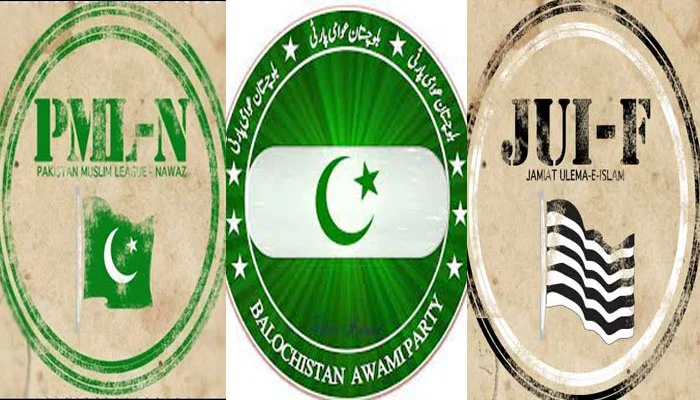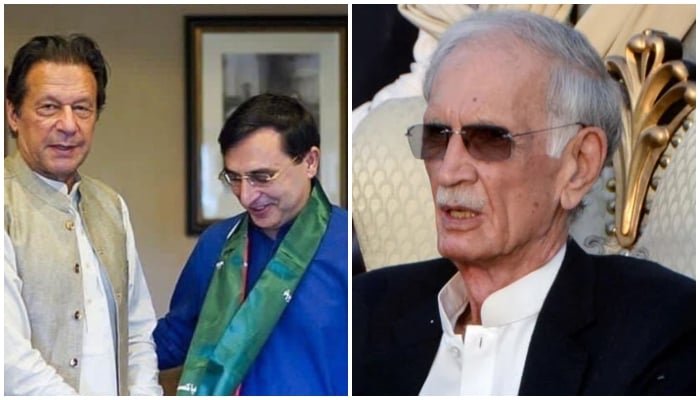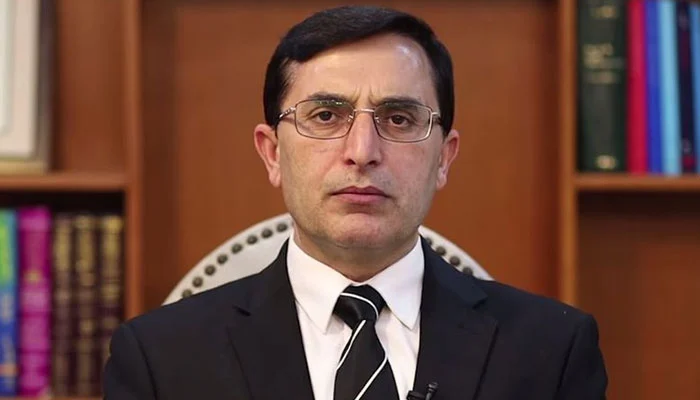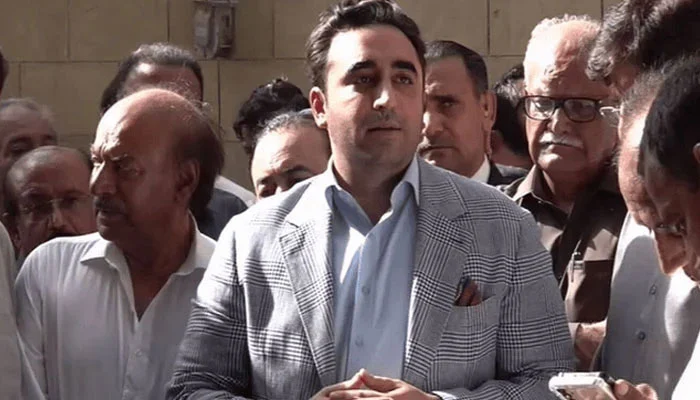In the run-up to the 2024 general elections, Balochistan, the southwestern province of Pakistan, is witnessing the emergence of significant possibilities for a major political alliance. According to sources, Nawaz Sharif, the leader of the Pakistan Muslim League (Nawaz) [PML-N], is expected to soon embark on a tour of Balochistan. This visit could potentially pave the way for a substantial political alliance in the province.
Reports suggest that Balochistan could witness a political coalition involving the ruling party in the province, the Balochistan Awami Party (BAP), the Jamiat Ulema-e-Islam (JUI), and the PML-N. Such an alliance would have a considerable impact on the provincial political landscape and could play a pivotal role in the 2024 general elections.
If the alliance comes to fruition, the three political parties would collaborate to contest elections in Balochistan collectively. However, one of the primary questions that arises in the wake of such a coalition is who will lead the province in the future. The decision on the chief minister’s role is expected to be determined through negotiations and consultations within the alliance.
Interestingly, a key condition for the PML-N’s involvement in the alliance is the potential appointment of Jam Kamal Khan as the chief minister of Balochistan. Jam Kamal Khan, a senior figure within the BAP and a former chief minister of Balochistan, is seen as a capable and experienced leader who could contribute to the province’s development. If the condition is met, it could signal a significant shift in the province’s political dynamics.
Furthermore, the JUI, led by Maulana Abdul Ghafoor Haideri, has already stipulated a condition before joining the alliance. The party has expressed its preference for having Maulana Abdul Ghafoor Haideri serve as the chief minister of Balochistan, should the alliance succeed. These conditions illustrate the complexities and considerations involved in forging such a political partnership.
The potential alliance holds the promise of a more competitive and dynamic political landscape in Balochistan. Historically, the province has seen a degree of political fragmentation, with various parties and groups holding sway in different areas. An alliance between these prominent parties could bring stability and provide a united front to address the province’s issues.
Balochistan, as Pakistan’s largest but least populated province, faces unique challenges and opportunities. Its geographical expanse, vast natural resources, and strategic significance make it a region of immense importance. However, the province has grappled with issues related to underdevelopment, security, and governance.
A political alliance between the BAP, JUI, and PML-N could potentially provide the province with a more coherent and coordinated approach to addressing its challenges. It would allow for the pooling of resources, both financial and intellectual, to improve infrastructure, healthcare, education, and overall living standards for the people of Balochistan.
The evolving political landscape in Balochistan also reflects the changing dynamics within the national political arena of Pakistan. As the country approaches the 2024 general elections, political parties are engaging in strategic alliances and maneuvering to secure their positions. The province of Balochistan, with its unique set of circumstances and interests, is a crucial arena for these political developments.
The emergence of the possibility of a major political alliance in Balochistan ahead of the 2024 general elections is a significant development in Pakistan’s political landscape. The collaboration between the BAP, JUI, and PML-N could potentially reshape the province’s political dynamics and provide a unified front to address the challenges facing Balochistan. The conditions set by these parties for leadership roles underscore the intricacies involved in forging such alliances, and the outcome will be closely watched as the province and the nation look ahead to the upcoming elections.



